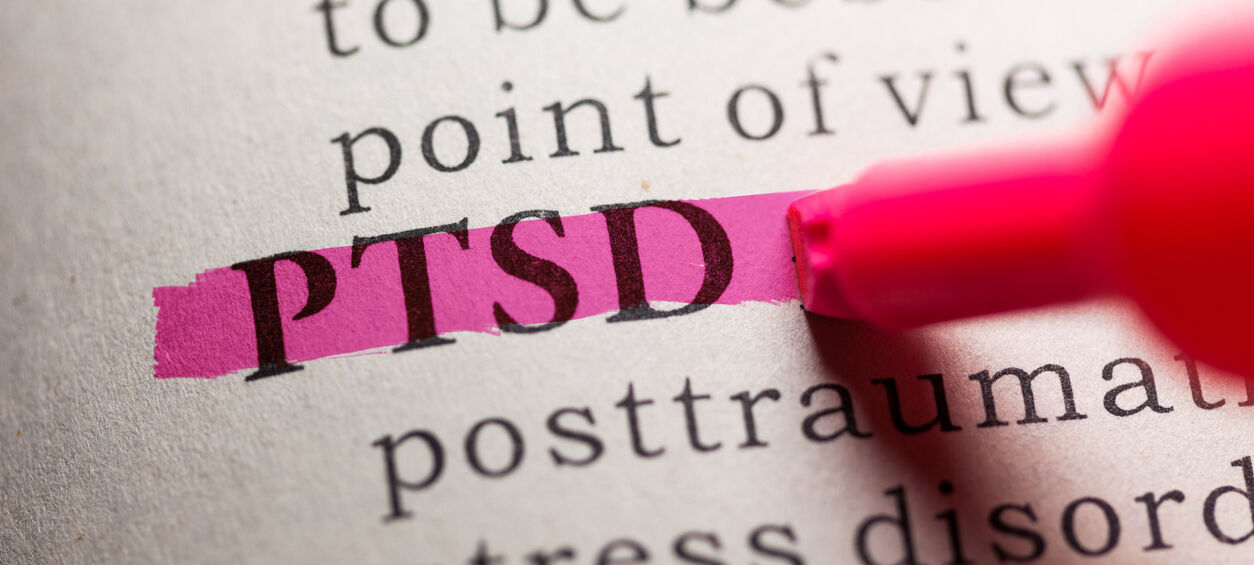Post Traumatic Stress Disorder: How to Identify Symptoms and Get the Support You Need
Nightmares, avoidance of certain people or places, depression, fear and uncontrollable thoughts are all common signs and symptoms of post-traumatic stress disorder (PTSD).
According to the American Cancer Society (ACS), PTSD can significantly affect both people living with cancer and their families, creating a complex and challenging dynamic during and after the cancer journey. The link between PTSD and cancer arises from the traumatic experience of the diagnosis, the intense treatment regimens and the uncertainty of prognosis.
“Many people associate PTSD with specific events such as combat, abuse, assault, natural disasters or acts of terrorism. However, studies show one in three people who have, or had, cancer display signs of PTSD. It is important for people to know that not all wounds are visible and that there is help available to those suffering from PTSD,” said Brianna Holman, a social worker in the Breast Oncology Department at Moffitt Cancer Center.
Understanding the connection between PTSD and cancer highlights the importance of comprehensive care that addresses not only the physical but also the emotional and psychological needs of patients and their families.
Holman added, “It is not uncommon for cancer patients to develop cancer-related post-traumatic stress, or CR-PTS. PTS symptoms are a normal response to a traumatic event that can last one to three months. If PTS symptoms are not managed and continue beyond three months of the post-traumatic event, symptoms can turn into PTSD which can be more difficult to treat. Because cancer treatment may involve stressful events that repeat or continue over time, it can put patients at a higher risk of experiencing or developing PTSD.”
The National Cancer Institute states PTSD can manifest and impact both patients and their families in several ways. Here’s how:
For Patients
- Trauma of diagnosis: The initial diagnosis of cancer can be a severe emotional shock, triggering feelings of fear, helplessness and loss of control.
- Treatment stress: Cancer treatments, such as chemotherapy, radiation and surgery, can be physically and emotionally taxing.
- Fear of recurrence: Even after successful treatment, the fear of cancer returning can be a constant source of anxiety and stress.
- Physical and emotional pain: Chronic pain, fatigue and other long-term side effects of cancer treatment can exacerbate PTSD symptoms.
For Family Members
- Caregiver burden: Family members often take on the role of caregivers, which can be stressful and exhausting.
- Fear and uncertainty: The uncertainty of the patient’s prognosis can create ongoing anxiety and stress for family members.
- Emotional impact of loss: If the cancer treatment is not successful, the loss of a loved one can be a profound trauma, triggering PTSD in surviving family members.
To get the support you need the ACS recommends stress management techniques, strong social networks and support groups to help mitigate the impact of PTSD. Both patients and families can benefit from learning coping strategies to handle the trauma and stress associated with cancer.
The ACS states that professional support, including counseling and therapy, can be crucial for both patients and their families to manage PTSD symptoms and navigate the emotional challenges of cancer.
Moffitt offers virtual support groups to patients and their families, chaplaincy care, referrals to behavioral medicine for patients in active treatment, arts in medicine and access to oncology social workers. Social workers at Moffitt are available to talk with patients who are struggling with adjusting to their diagnosis through counseling and connection to support resources.



